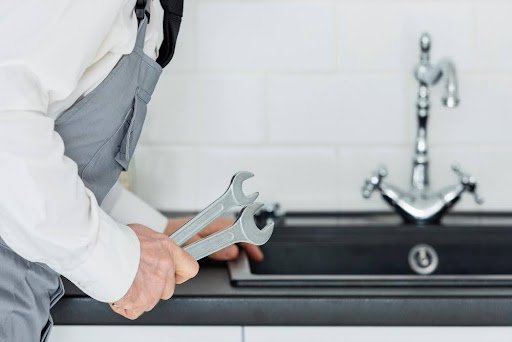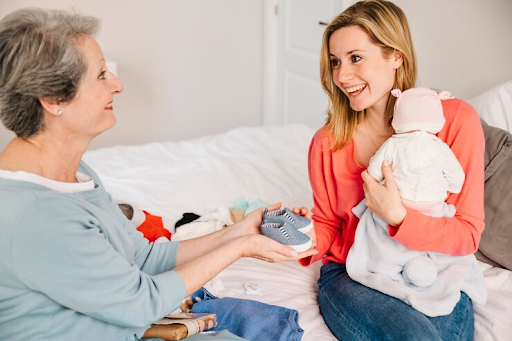Ways to Provide Care Services for Your Loved Ones
Providing care for loved ones, whether they are aging parents, spouses, or children with physical or mental illnesses. Providing care is the ultimate act of love. However, it is also not a simple task. Many individuals are unexpectedly diagnosed with a condition, often falling into the caregiver role without any prior knowledge.
As a result, family caregivers frequently suffer from illnesses and are more susceptible to physical injuries or burnout than non-caregivers. Here, we will discuss ways to provide care services to your loved ones.
Communicate with Your Loved One
Communication is a good way to give the best possible care for your loved one. Talk to your loved one about their care requirements and desires. As a family caregiver, spend time listening to their worries and, if feasible, include them in the decision-making process.
Effective communication with healthcare providers is crucial to confirm that everyone is on the same page about their care. It is also crucial in healthcare settings, including with loved ones, caregivers, and other family members. By providing reassurance and support, effective communication prevents misunderstandings, promotes collaboration, and reduces stress and anxiety.
Nursing Home Care
Nursing home care may be the ideal long-term care solution for loved ones with complex medical needs. These needs include progressive dementia or 24/7 assistance with daily activities. High-quality skilled nursing services offer medical care in a homelike location that helps inhabitants feel safe and happy.
In a nursing home care, all your loved one’s requirements are encountered, irrespective of the time of day. In addition to providing all cleaning, washing, and food needs, the facility offers on-demand therapy and skilled medical care.
These services relieve family members of the burden of pitching in and available there to help their loved one whenever needed.
Active Assistance with Daily Activities
Inhabitants of assisted living facilities are independent in many ways, so the level of support required varies from person to person. As your loved one ages, they may want help with daily activities. These activities may include housekeeping, transportation, bathing, dressing, hygiene, and laundry. That’s where an assisted living facility can benefit.
The staff offers respectful, active assistance with self-respect. Your loved one may need help walking or support related to memory loss or respite care. Whether your loved one needs help regularly or as needed, there’s an assisted living community to meet their needs.
Get Screenings and Checkups Regularly
Regular screenings and checkups are vital to maintaining your health and preventing potential difficulties. Screenings help detect common chronic situations like hypertension, high cholesterol, diabetes, and high-risk conditions.
Follow-ups are vital for loved ones with chronic conditions to prevent and manage complications’ health and financial consequences. Other vital checkups for the loved ones include dental, vision, and bone density exams.
Dental health contributes to healthier cravings, nutrition, and, thus, complete health. Eye exams and bone density scans are crucial for seniors to ensure proper eyewear usage and prevent falls and tripping risks.
Develop a Plan
It’s critical to make long- and short-term plans. Maintaining daily routines, including doctor appointments and prescription refills, requires considering the potential risks associated with your relative’s age.
You can only expect some situations, but being forward-thinking now will help you answer more rapidly and efficiently in an emergency. Also, avoid going it alone. Make an effort to assemble a wider group of supportive relatives, friends, and colleagues.








